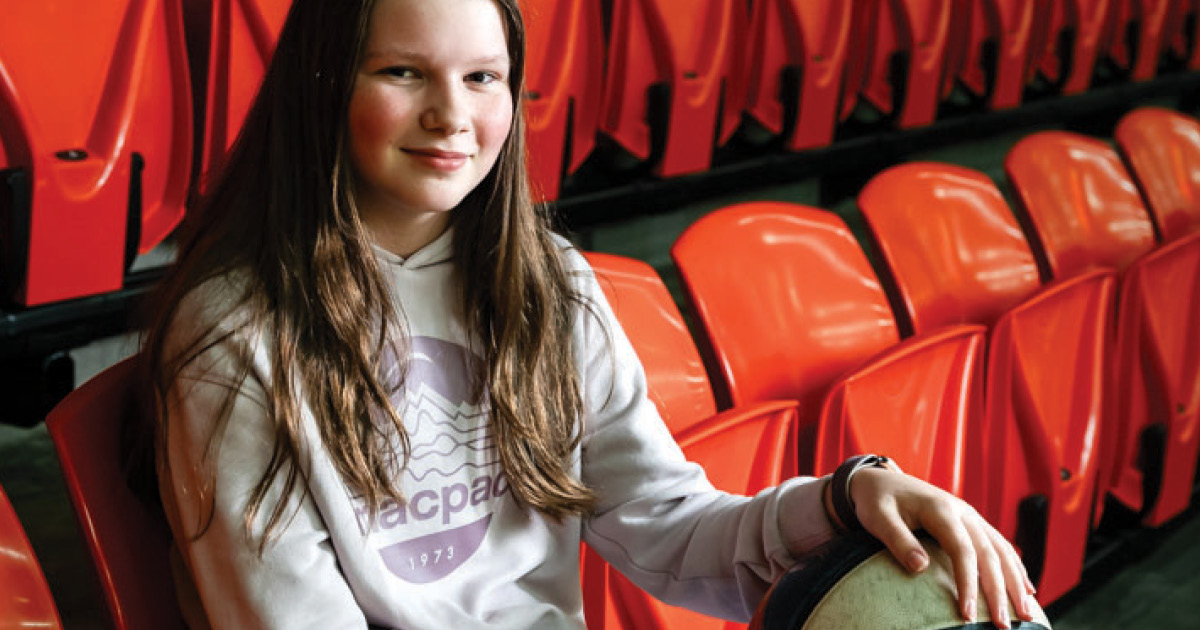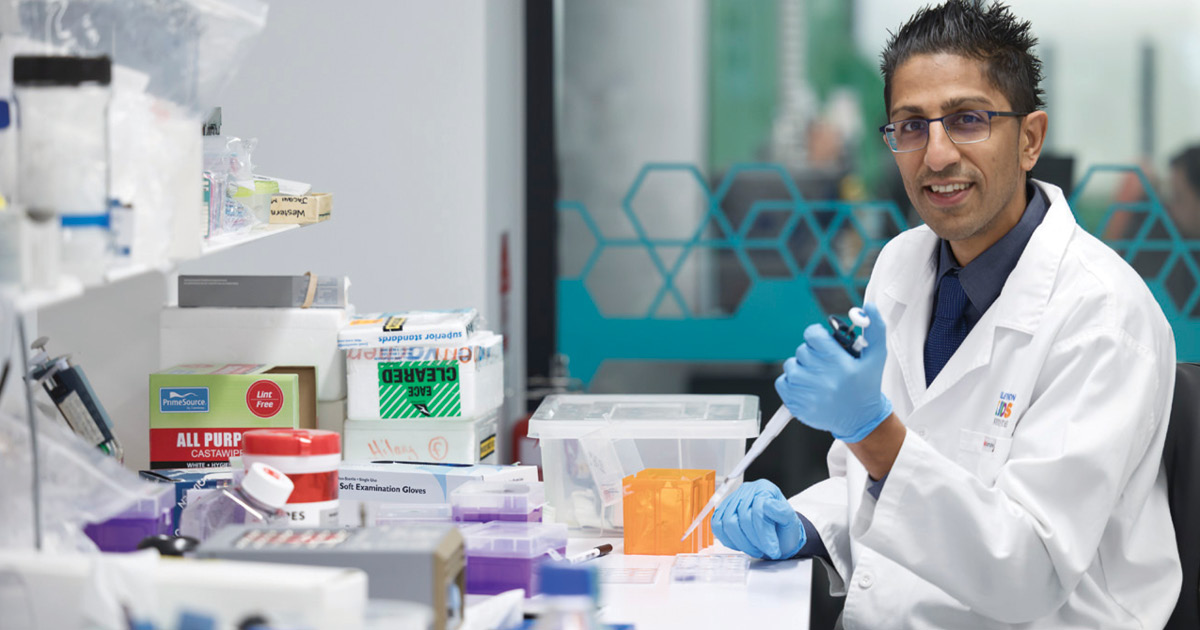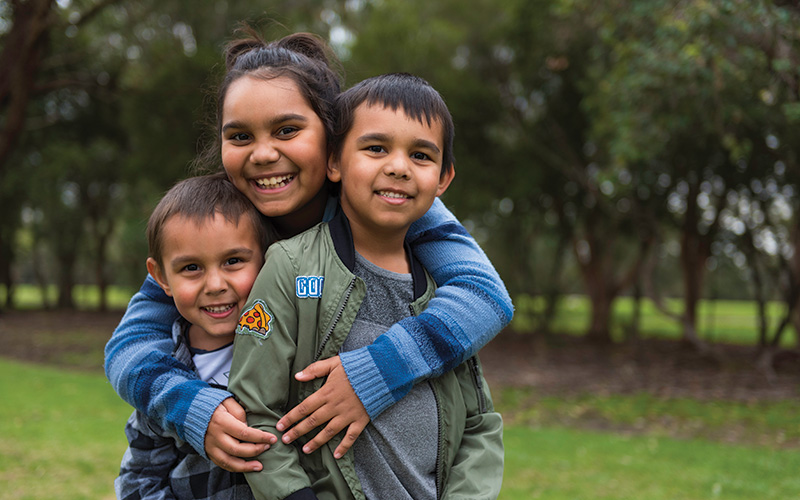Search
Research
Parents' COVID-19 vaccine intentions for children under 5 years: Brief reflections from a qualitative studyAustralian authorities made COVID-19 vaccines available for children aged under 5 years old with serious comorbidities in August 2022. There is presently no universal programme for young children, but crucial to any rollout's success is whether parents are motivated and able to vaccinate. By examining parents' vaccine intentions, this study aims to inform current and future COVID-19 vaccine roll-outs for children aged under 5 years.
Research
Use of Neuroimaging to Predict Adverse Developmental Outcomes in High-Risk InfantsWith advances in perinatal care, we have achieved major reductions in mortality in premature and critically ill infants, but they still remain at increased risk of neurodevelopmental disability. In this context, recent advances in neuroimaging are perceived as an addition of significant value to current clinical developmental screening programs.
Research
A phase 3, multicenter, randomized, double-blind study to evaluate the interchangeability of V114, a 15-valent pneumococcal conjugate vaccine, and PCV13 with respect to safety, tolerability, and immunogenicity in healthy infants (PNEU-DIRECTION)Pneumococcal disease (PD) remains a major health concern globally. In children, pneumococcal conjugate vaccines (PCVs) provide protection against PD from most vaccine serotypes, but non-vaccine serotypes contribute to residual disease. V114 is a 15-valent PCV containing all 13 serotypes in Prevnar 13™ and public health important serotypes 22F and 33F. This phase 3 study evaluated safety and immunogenicity of mixed PCV13/V114 regimens using a 3 + 1 dosing schedule when changing from PCV13 to V114 at doses 2, 3, or 4.
Research
Sexualized Images on Social Media and Adolescent Girls’ Mental Health: Qualitative Insights from Parents, School Support Service Staff and Youth Mental Health Service ProvidersThis research explored adults' perceptions of how sexualized images typically found on social media might influence adolescent girls' mental health, what support girls might need should they experience mental health difficulties, and how such difficulties could be prevented or reduced.
Research
Autophagy modulates growth and development in the moss Physcomitrium patensPhyscomitrium patens apical growing protonemal cells have the singularity that they continue to undergo cell divisions as the plant develops. This feature provides a valuable tool to study autophagy in the context of a multicellular apical growing tissue coupled to development. Herein, we showed that the core autophagy machinery is present in the moss P. patens, and characterized the 2D and 3D growth and development of atg5 and atg7 loss-of-function mutants under optimal and nutrient-deprived conditions.

Sports coaches across Australia can now access WA-designed sport resources, which aim to help coaches better understand type 1 diabetes (T1D) and encourage children living with the condition to stay in sport.
The WAACHS regional profiles look at all four volumes of results across the ATSIC regions of Western Australia.

The NATSISPEP will formally evaluate a range of existing Indigenous suicide prevention programs and services to develop an evidence base for 'what works'.

A pilot clinical study has found an immunotherapy drug can dramatically increase survival rates for babies with a rare form of leukaemia, paving the way for a major international clinical trial.

The Institute's Standards for the Conduct of Aboriginal Health Research outline our ways of working with Aboriginal communities and peoples.
